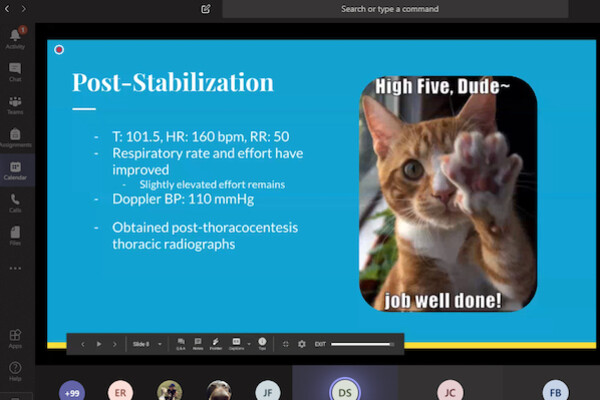Early in the quarantine, cherry trees, such as these Prunus sargentii, opened their spectacular blooms, with no one around to see but the Arboretum’s essential staff. “It was an especially good year for flowering cherries,” says Anthony Aiello, the Gayle E. Maloney Director of Horticulture and Curator of the Morris Arboretum, “a collection that we have worked on developing for the last 10 years, so it was disappointing that there was no one there to enjoy them.” (Image: Anthony Aiello)
Articles from Katherine Unger Baillie
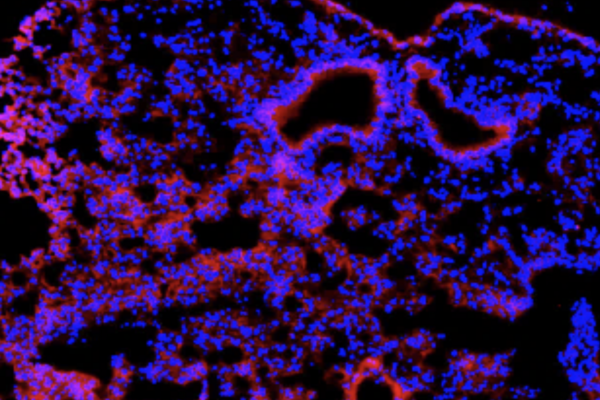
Studying the molecular players that foster cancer’s spread, a team of basic science researchers from Penn have identified a way to halt it. By inhibiting an enzyme, they successfully reduced the spread of lung metastases in a mouse model of melanoma, also significantly prolonging survival. (Image: Courtesy of Serge Fuchs)
Blocking tumor signals can hinder cancer’s spread
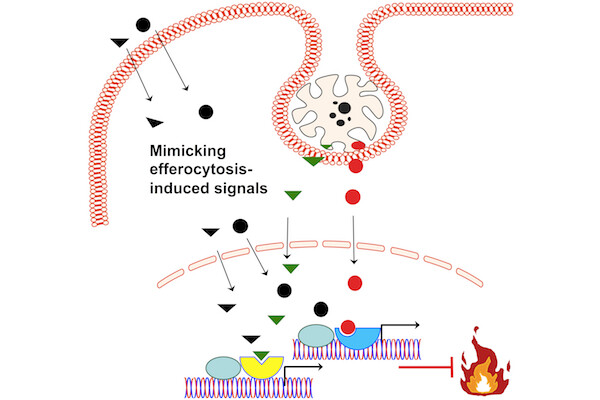
Stimulating immune cleanup crew offers affordable possibility for treating rare genetic disorder
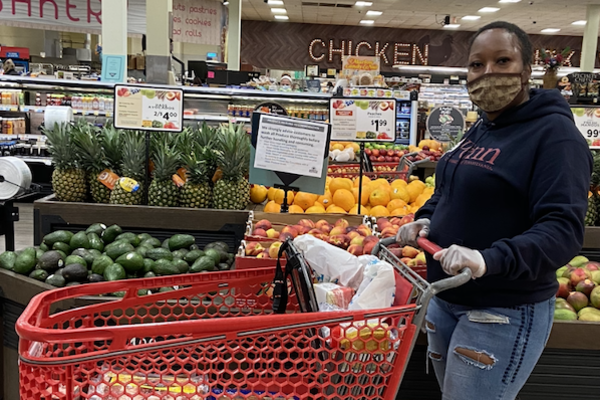
Side Gigs for Good during COVID-19

Oral care during COVID-19
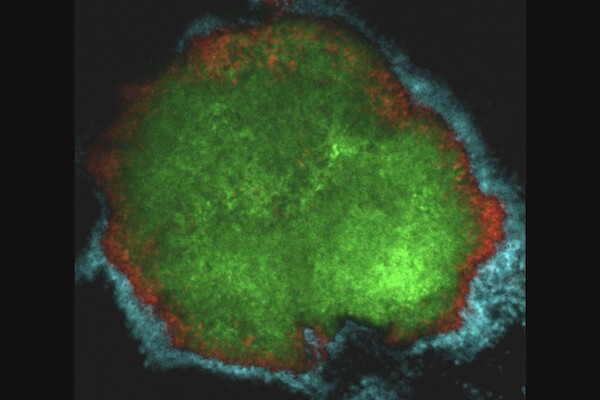
Cavity-causing bacteria assemble an army of protective microbes on human teeth
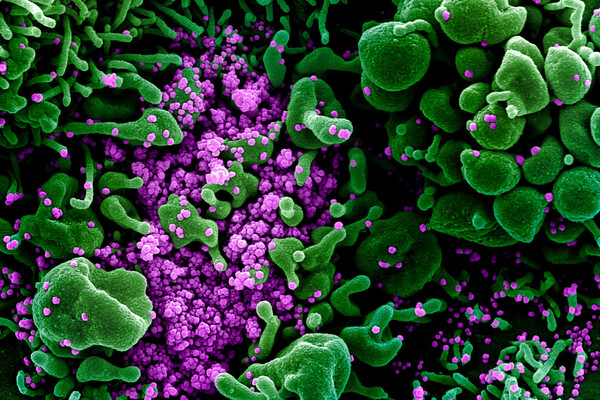
Colorized scanning electron micrograph of an apoptotic cell (green) heavily infected with SARS-COV-2 virus particles (purple), isolated from a patient sample. Image captured and color-enhanced at the NIAID Integrated Research Facility (IRF) in Fort Detrick, Maryland. (Image: National Institute of Allergy and Infectious Diseases, NIH)
Coming together to solve the many scientific mysteries of COVID-19

Work by Amy Balkin, artist-in-residence for the PPEH this year, is a part of the Making Sense gallery. (Image: Amy Balkin)
Engaging with the climate crisis, online
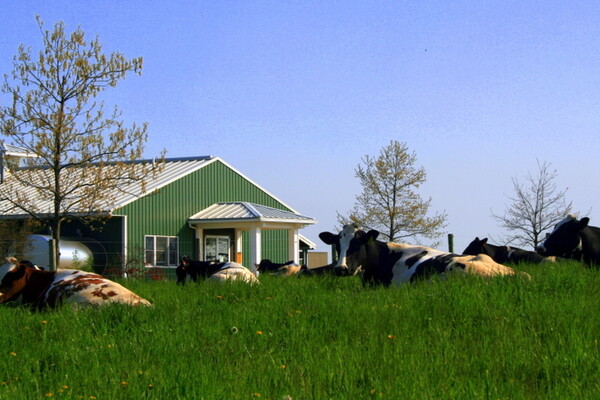
In pre-Covid-19 times, the Marshak Dairy at Penn Vet’s New Bolton Center was a place for teaching as well as research. Now an essential crew of workers remain to care for the cows, as other veterinarians in the School continue to care for livestock around the region. (Credit: Penn Vet)
Supporting agriculture and a safe food supply
